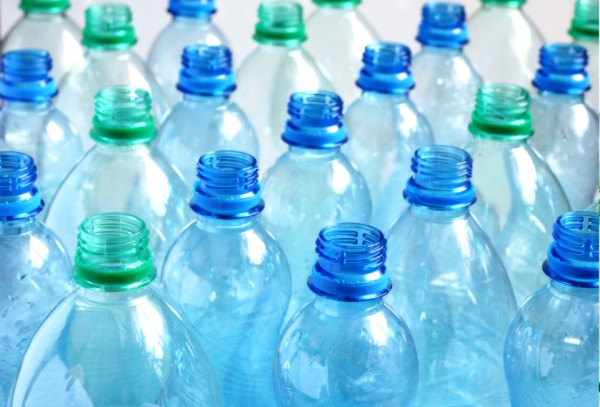Hungary urged to follow Nordic deposit return scheme

Experts have urged the Hungarian Government to introduce a deposit return scheme for drinks containers with a variable fee, after a poll of people across four Nordic countries with decades-old deposit return schemes revealed overwhelming support for a variable model according to a press release sent to the Budapest Business Journal.
The polls, conducted by Norstat, covered Sweden, Denmark, Finland and Norway where a deposit is levied on drinks containers based on their size and material.
The surveyed people were asked if the deposit return model implemented in their respective country was easy to use and understand. In each poll, more than 97% of respondents agreed their respective variable model schemes are easy to use and understand, with support in Sweden and Norway reaching 99%.
The polls also asked the extent to which the public agreed the variable deposit was fairer for shoppers than flat deposits used in countries such as Germany. The responses were positive in all countries, as some 87% in Finland agreed, while the rate stood at 81% in Sweden, 78% in Norway, and 70% in Denmark.
The press release says that in the years since implementing the variable model schemes recycling rates in these nations have skyrocketed, with Denmark recording a bottle and can recycling rate of 90%.
Experts are calling on the government to opt for the variable deposit model following Prime Minister Viktor Orbán’s State of the Nation address where he committed to introducing a new standardized deposit return scheme as part of the country’s Green Program.
"The introduction of a standardized deposit return scheme in Hungary is a watershed moment in the country’s history as it looks to establish a greener future," László Duma of the Doctoral School of Business and Management at Corvinus University of Budapest said."There is a huge opportunity to learn from the proven variable models used across the Nordics which are supported by the public to this day and have resulted in a major uptick in recycling."
Hungary’s existing deposit return scheme captures beer and wine bottles alongside standardized bottles of spirits. Some major retailers facilitate returns of PET plastic bottles and metal cans.
With the current legislation, beer bottles incur a deposit of HUF 25 and the deposit on wine and spirit bottles is decided by the retailer.
At a select few major retailers, a deposit of HUF 1 is levied on PET plastic bottles and HUF 2 on aluminum cans.
The proposed scheme would cover glass and PET plastic bottles alongside metal cans.
Campaigners and experts argue the poll results show the variable deposit model is tried-and-tested.
They argue a flat-rate deposit return scheme could incentivize consumers to purchase large two-liter PET plastic bottles, as a flat deposit represents a substantial percentage increase on the price of small drinks servings compared to larger servings.
Supporters of the model state this could compound the plastic crisis and lead to increased obesity rates by incentivizing consumers to purchase larger portions of sugary drinks.
The polls were commissioned by Nature 2030, an international coalition of businesses, politicians and campaigners, "doing right" by the environment in the 2020s.
Nature 2030 believes the success of the variable deposit model in the Nordics shows implementing a similar scheme in other countries could be the key to solving the plastic waste crisis.
Norstat polled more 1,000 members of the public in each of the four countries aged 18 and over in February 2020.
SUPPORT THE BUDAPEST BUSINESS JOURNAL
Producing journalism that is worthy of the name is a costly business. For 27 years, the publishers, editors and reporters of the Budapest Business Journal have striven to bring you business news that works, information that you can trust, that is factual, accurate and presented without fear or favor.
Newspaper organizations across the globe have struggled to find a business model that allows them to continue to excel, without compromising their ability to perform. Most recently, some have experimented with the idea of involving their most important stakeholders, their readers.
We would like to offer that same opportunity to our readers. We would like to invite you to help us deliver the quality business journalism you require. Hit our Support the BBJ button and you can choose the how much and how often you send us your contributions.







